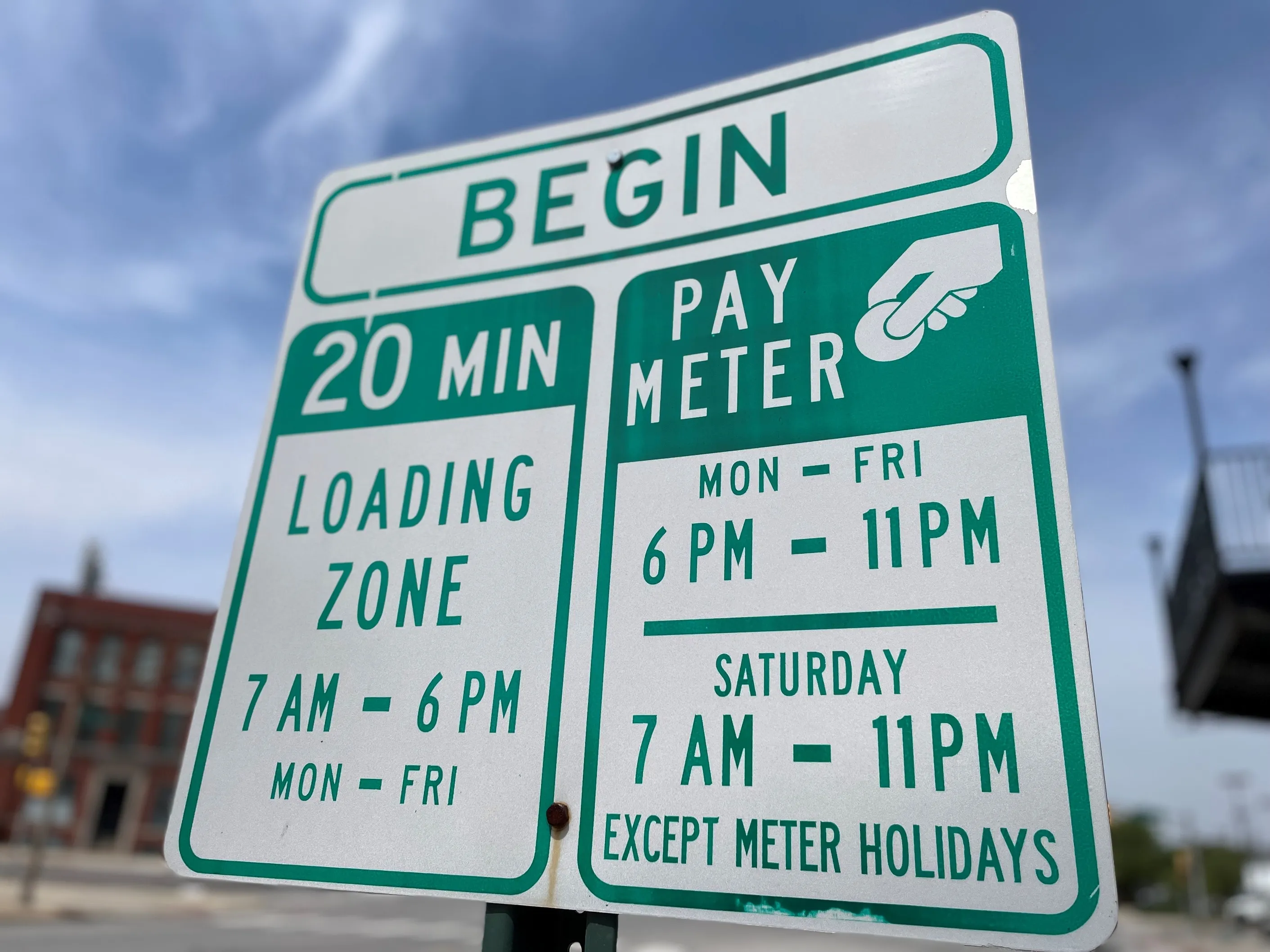The Seattle Department of Transportation (SDOT) has partnered with the IPS Group, the city’s new parking pay station vendor in a project to replace all the city’s parking pay stations with new technology in 2015-2016.
The US$20 million contract runs for seven years and will replace 1,500 older pay stations with new IPS MS1 pay stations, and retrofit 700 of the city’s newer pay stations with new technology and components.
Available in pay-by-space, pay-and-display and pay-by-plate models, the solar-pow
November 13, 2014
Read time: 2 mins
The Seattle Department of Transportation (SDOT) has partnered with the 3524 IPS Group, the city’s new parking pay station vendor in a project to replace all the city’s parking pay stations with new technology in 2015-2016.
The US$20 million contract runs for seven years and will replace 1,500 older pay stations with new IPS MS1 pay stations, and retrofit 700 of the city’s newer pay stations with new technology and components.
Available in pay-by-space, pay-and-display and pay-by-plate models, the solar-powered MS1 features IntelliTouch technology which allows users to complete transaction in any order. The flexible platform is compatible with future technologies, while offering enhanced payment options such as credit card and mobile payments.
The new pay stations will provide for time of day pricing, to allow for lower parking rates in the morning or other times of less demand, while new back office software will enable city officials to detect and fix problems remotely.
The US$20 million contract runs for seven years and will replace 1,500 older pay stations with new IPS MS1 pay stations, and retrofit 700 of the city’s newer pay stations with new technology and components.
Available in pay-by-space, pay-and-display and pay-by-plate models, the solar-powered MS1 features IntelliTouch technology which allows users to complete transaction in any order. The flexible platform is compatible with future technologies, while offering enhanced payment options such as credit card and mobile payments.
The new pay stations will provide for time of day pricing, to allow for lower parking rates in the morning or other times of less demand, while new back office software will enable city officials to detect and fix problems remotely.









